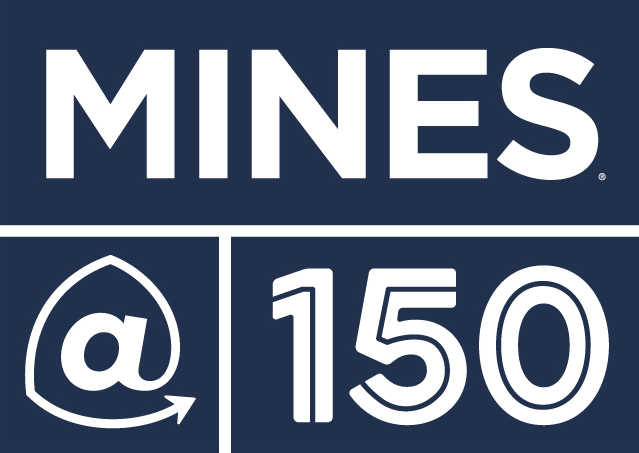Writing Recommendation Letters
Letters of recommendation are required to support most applications for jobs, scholarships, fellowships, graduate schools, law schools and medical schools. A letter of recommendation should be an endorsement of a student’s application. Should you feel uncomfortable writing a supportive letter on a student’s behalf, please consider declining his/her request for a recommendation.
Guidelines for Strong Recommendation Letters
- Make claims for the student’s fit for the scholarship
- Provide concrete supporting evidence
- Contextualize the institutional background, major rigor, research opportunities, etc.
- You might also contextualize the student’s standing amongst your other students (i.e. “I would place Jane Doe among the top 2% of the hundreds of students whom I’ve taught over the past 15 years.”
- Moderate praise – Superlatives are acceptable when specifically tied to examples. Fawning praise or hyperbole degrade credibility
- Show, don’t tell by using narrative techniques to show the student in action
- Are fair. Briefly offering criticism or areas of improvement of the student can enhance credibility, especially when you can turn shortcomings into virtues
Content and Organization
The composition of a letter of recommendation is a matter of personal style. Many writers choose to include the following:
Beginning
- An expression of pleasure at being able to recommend the applicant
- Capacity and context in which they know the applicant
- Length of time they have known the applicant
- Assessment of the applicant compared to other students (quantified, if possible)
Middle
- Discussion of the work the applicant completed in the courses, including grades
- Assessment of the applicant’s qualifications, supported by evidence
- Assessment of the applicant’s fit with the opportunity he or she is seeking
- Evaluation of the applicant’s potential to succeed in and contribute to his or her chosen
field
Depending on the nature of the application, you may wish to comment on the applicant’s:
- Intelligence/Intellectual ability
- Originality/ Resourcefulness
- Capacity for hard work
- Leadership skills
- Ability to collaborate
- Communication skills
- Writing skills
- Analytical skills
- Foreign language skills
- Technical skills (lab and other)
- Personality /Maturity /Integrity /Judgment
- Social skills/Ability to get along with peers
- Teaching or research potential
- Motivation/Initiative
- Knowledge of the field
- Extracurricular activities of achievements
Closing
- A reaffirmation of the recommendation and expression of confidence in the applicant
Please Keep in Mind
- You should not comment on a student’s appearance, family background, religion, health,
or other personal circumstances, unless they are immediately relevant to the application. - It is never appropriate to ask a student to write her/his own letter of recommendations
Additional Resources
- Writing Recommendation Letters: A Faculty Handbook, Joe Schall
- Recommendation Letter Guidelines for Specific Scholarships, Joe Schall
-
Writing a Letter of Recommendation: Addendum to Making the Right Moves: A Practical Guide to Scientific Management for Postdocs and New Faculty

LOOKING AHEAD TO MINES@150
As Colorado School of Mines prepares for our 150th anniversary in 2024, dynamic and disruptive change is all around us. MINES@150 is our plan to position Mines for future success.
It calls for change, but also to stay true to our timeless mission, pillars and core values. MINES@150 leverages our size, location, and history, ensuring that our graduates will continue to be distinctive and highly valued, placing Mines at the frontiers of STEM education, research and innovation, and elevating our status among the world’s top universities.